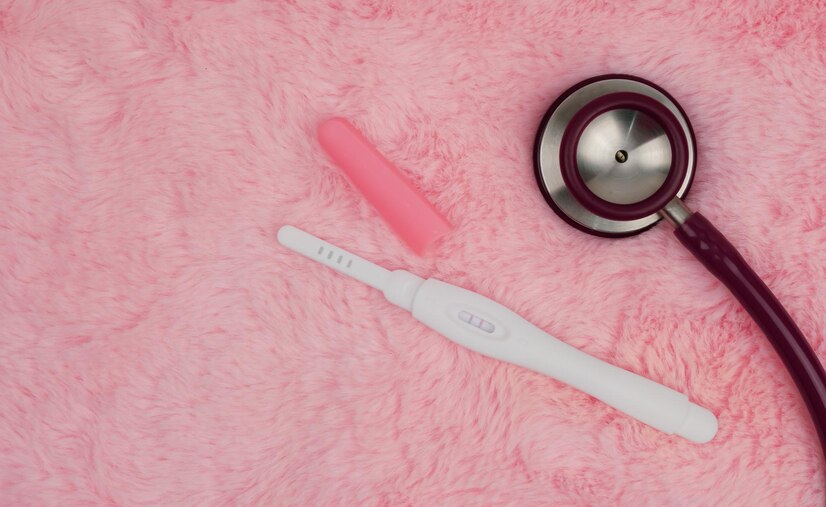Why You Shouldn’t Freak Out If Your Pregnancy Test Is Negative?

A negative pregnancy test can be discouraging if you’re trying to get pregnant. But it’s important to remember that a negative test doesn’t necessarily mean you’re not pregnant. There are several sons why a pregnancy test might come back negative, and it’s important to understand them before you start to worry this blog post, we’ll explore the various reasons why a pregnancy test might be negative and how you can tell if you should continue to try or seek medical help. If you’re trying to get pregnant, don’t freak out if your first pregnancy test is negative. There could be a perfectly good explanation.
What does a negative pregnancy test mean?
If you’ve taken a pregnancy test and it’s come back negative, it doesn’t necessarily mean that you’re not pregnant. There are several reasons why this could happen, and it’s important not to freak out.
One reason for a false negative is that the test wasn’t taken correctly. If you didn’t follow the instructions properly, or if you took the test too early in your pregnancy, it’s possible that the result won’t be accurate.
Another possibility is that you are pregnant, but the level of hCG in your urine isn’t high enough to be detected by the test. This can happen if you take the test too soon after implantation or your hCG levels are on the lower end of normal. In either case, taking another pregnancy test a few days later should give you a more accurate result.
It’s also possible to get a false negative result if you have an ectopic pregnancy or if something else is happening with your reproductive system that is causing your hCG levels to be abnormal. If you’re concerned about any of these possibilities, it’s important to see a doctor so they can confirm whether you are pregnant.
What could have caused a false negative?
A woman might get a false negative when taking a pregnancy test for several reasons.
1) She took the test too early. Pregnancy tests work by detecting the presence of the hormone hCG in a woman’s urine. hCG is only produced once the fertilized egg has implanted in the uterus, so if a woman takes a test before this has happened, it will come back negative.
2) The test was not done properly. If a woman does not follow the instructions on taking the test correctly, she may get a false negative.
3) She has an ectopic pregnancy. This is when the fertilized egg implants outside the uterus, usually in one of the fallopian tubes. An ectopic pregnancy cannot be carried to term and can be dangerous for the mother, so it is important to get medical help if this is suspected.
4) She is using certain medications. Some medications, such as those used to treat fertility problems or certain types of cancer, can cause false negatives on pregnancy tests.
What should you do if your test is negative?
If your test is negative, the best thing to do is wait a week and take another test. If you still get a negative result, there could be a few reasons. Maybe you took the test too early, and your hCG levels weren’t high enough to show up on the test yet. Or, you could be one of the rare cases where you are pregnant, but your body isn’t producing enough hCG for the test to pick up on. If you think this might be the case, talk to your doctor.
When to see a doctor?
If you’re trying to conceive and your pregnancy test is negative, it’s important not to freak out. There are several reasons a woman may have a false-negative pregnancy test, including taking the test too early, using an expired or defective test, or having irregular hormone levels. If you think you might be pregnant, but your test is negative, wait a few days and retest. If you still get a negative result and your period has not begun, make an appointment with your doctor to rule out any other potential causes.
If you’re trying to get pregnant, you might wonder what the best pregnancy calculator is. The NHS Pregnancy Calculator is a great resource for learning about due dates.
This Pregnancy Due Date calculator can help you work out your estimated due date based on the first day of your last period. It’s important to remember that this is only an estimate – your baby could be born a few days before or after your estimated due date.
If you’re worried about your symptoms or think you might be pregnant, it’s important to see a doctor or midwife as soon as possible. They can confirm whether or not you are pregnant with a simple blood test.